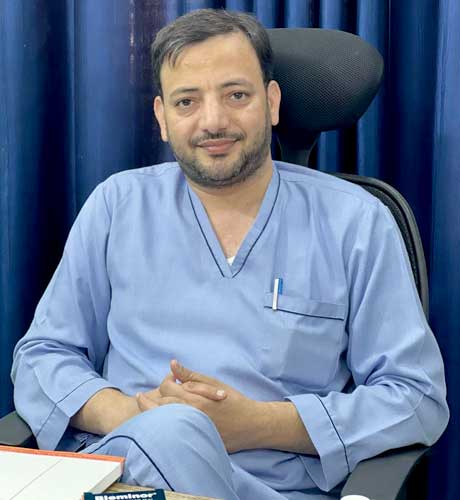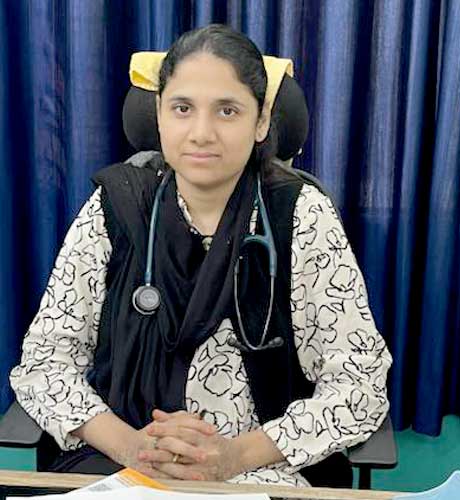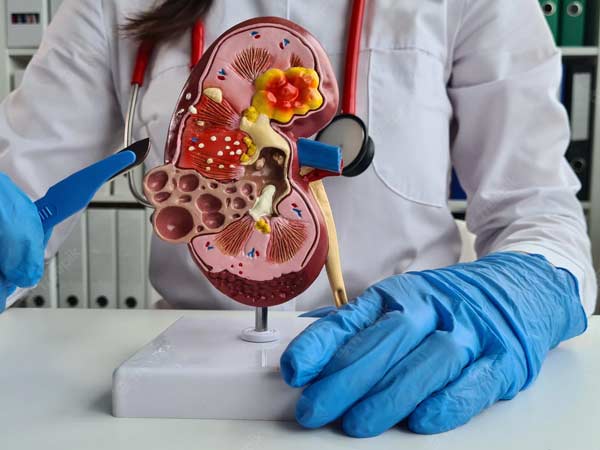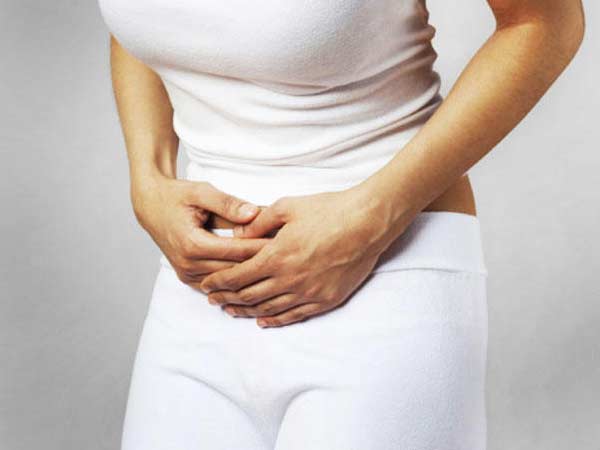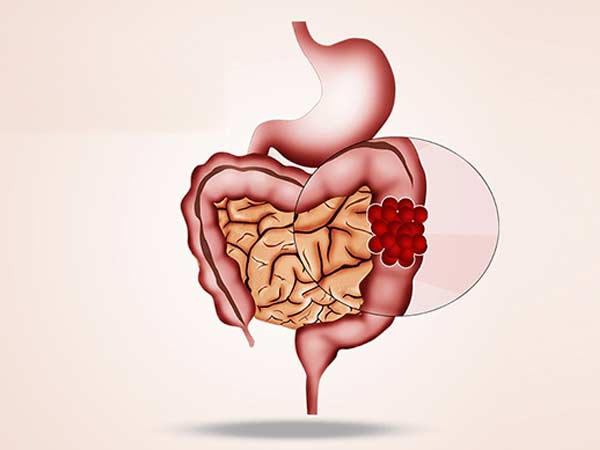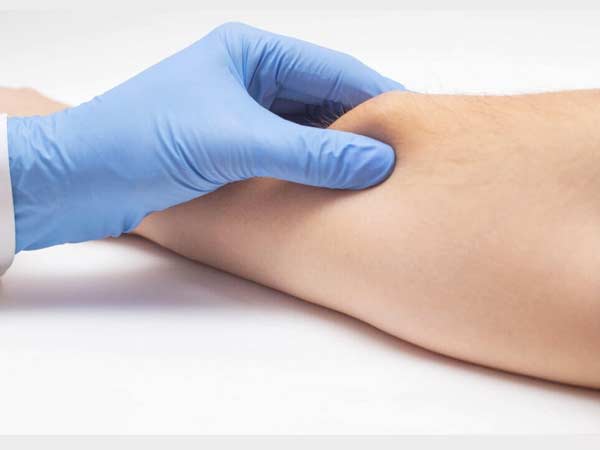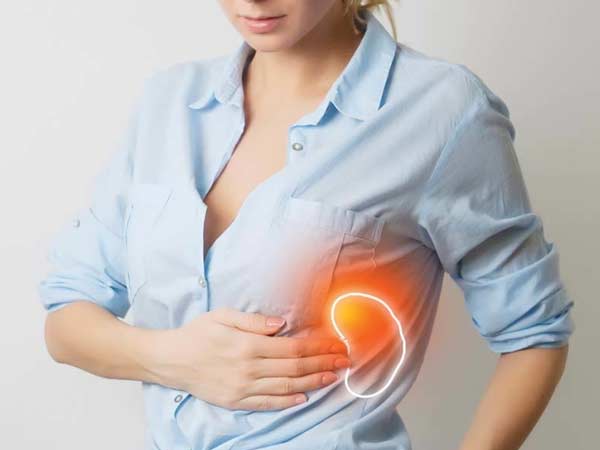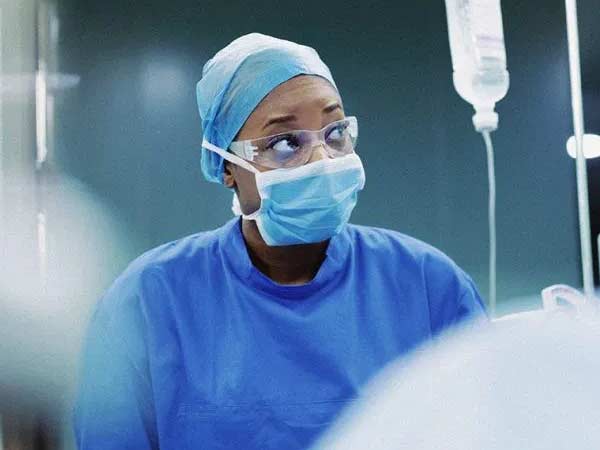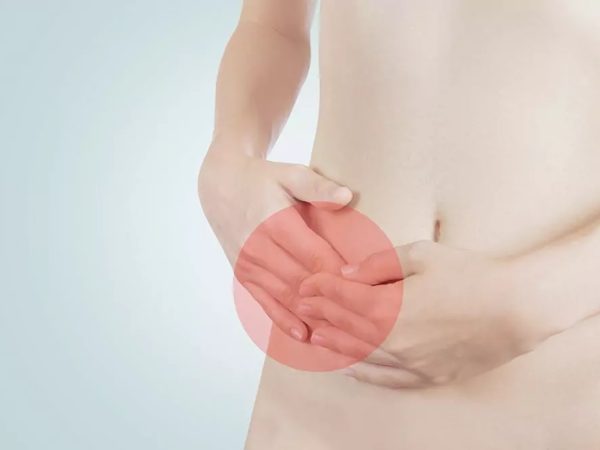What is diverticulosis – diverticulitis?
Diverticula are small bags that can form in the walls of the digestive system. They are usually found in the lower part of the large intestine (colon). Diverticula are common after age 40 and sometimes cause problems.
The presence of diverticula is known as diverticulosis. When any diverticulum becomes inflamed, and in some cases infected, it is known as diverticulitis. Diverticulitis can cause abdominal pain, fever, nausea, and a marked change in your bowel habits.
Mild diverticulitis can be treated with rest, changes in diet, anti-inflammatories with or without antibiotics. Severe or recurring diverticulitis may require surgery.
What symptoms does it cause?
Signs and symptoms of diverticulitis include the following:
- Pain, which can be constant and persistent for several days. The pain is usually felt in the lower left part of the abdomen.
- Nausea and vomiting.
- Constipation or, less commonly, diarrhea.
complications
About 25% of people with acute diverticulitis develop complications, which can include:
- An abscess, which occurs when pus collects around the diverticula.
- An obstruction in the intestine caused by scar tissue after an inflammatory process of the diverticula.
- An abnormal duct (fistula) between the area of the intestine where the diverticula are and another part of the intestine or organs.
- Peritonitis, which can occur if an infected or inflamed diverticulum ruptures and spills intestinal contents into the abdomen. Peritonitis is a medical emergency that requires immediate attention.
How is it diagnosed?
Diverticulitis is usually diagnosed during an acute attack. The doctor will perform a physical examination and request a series of complementary tests, among which are:
- Blood and urine tests to look for signs of an infection.
- A pregnancy test for women of childbearing age, to rule out pregnancy as a cause of abdominal pain.
- A CT scan, which can identify inflamed or infected bursae and confirm the diagnosis of diverticulitis. CT scanning can also indicate the severity of the diverticulitis (complicated or uncomplicated) and guide treatment.
What treatment options exist?
UNCOMPLICATED DIVERTICULITIS
If your symptoms are mild, you may be able to treat yourself at home. Your doctor will likely recommend the following:
- Anti-inflammatories to treat inflammation.
- Antibiotics to treat the infection. In the new guidelines they establish that in very mild cases they may not be necessary.
- A liquid diet for a few days while your intestines recover. Once symptoms improve, you can gradually add solid foods to your diet.
This treatment is successful in most people with uncomplicated diverticulitis.
COMPLICATED DIVERTICULITIS
In most cases you will need to be hospitalized for intravenous treatment and close monitoring of your clinical evolution. Treatment usually consists of:
- Intravenous anti-inflammatories and antibiotics.
- If an abdominal abscess has formed, placing a tube through the skin to drain it.
SURGERY
You may need surgery to treat diverticulitis if:
- If you have a complication, such as peritonitis, abscess that cannot be drained with a tube, fistula or obstruction.
- If you have had several episodes of diverticulitis without complications but that condition your quality of life.
- If you have a weakened immune system.
There are two main types of surgery:
- Intestinal resection and anastomosis. The surgeon removes the diseased segments of your intestine and then reconnects the healthy segments (anastomosis). This allows you to defecate normally. Depending on the type of complication, you may have open surgery or a minimally invasive procedure (laparoscopy).
- Bowel resection with colostomy. If your swelling is such that it’s impossible to reconnect your colon to your rectum, your surgeon will perform a colostomy. An opening (stoma) in your abdominal wall connects to the healthy part of your colon. The droppings pass through the opening into a bag. Once the swelling is gone, the colostomy can be reversed and the intestine reconnected.
FOLLOW-UP CARE
Your doctor may recommend a colonoscopy six weeks after your recovery from diverticulitis, especially if you haven’t had a colonoscopy in the previous year. There does not appear to be a direct link between diverticular disease and colon cancer or rectal cancer. But colonoscopy, which is risky during a bout of diverticulitis, can rule out colon cancer as a cause of your symptoms.
After successful treatment, your doctor may recommend surgery to prevent future episodes of diverticulitis. The decision to have surgery is a personal one, and is generally based on the frequency of attacks and whether complications have occurred.

